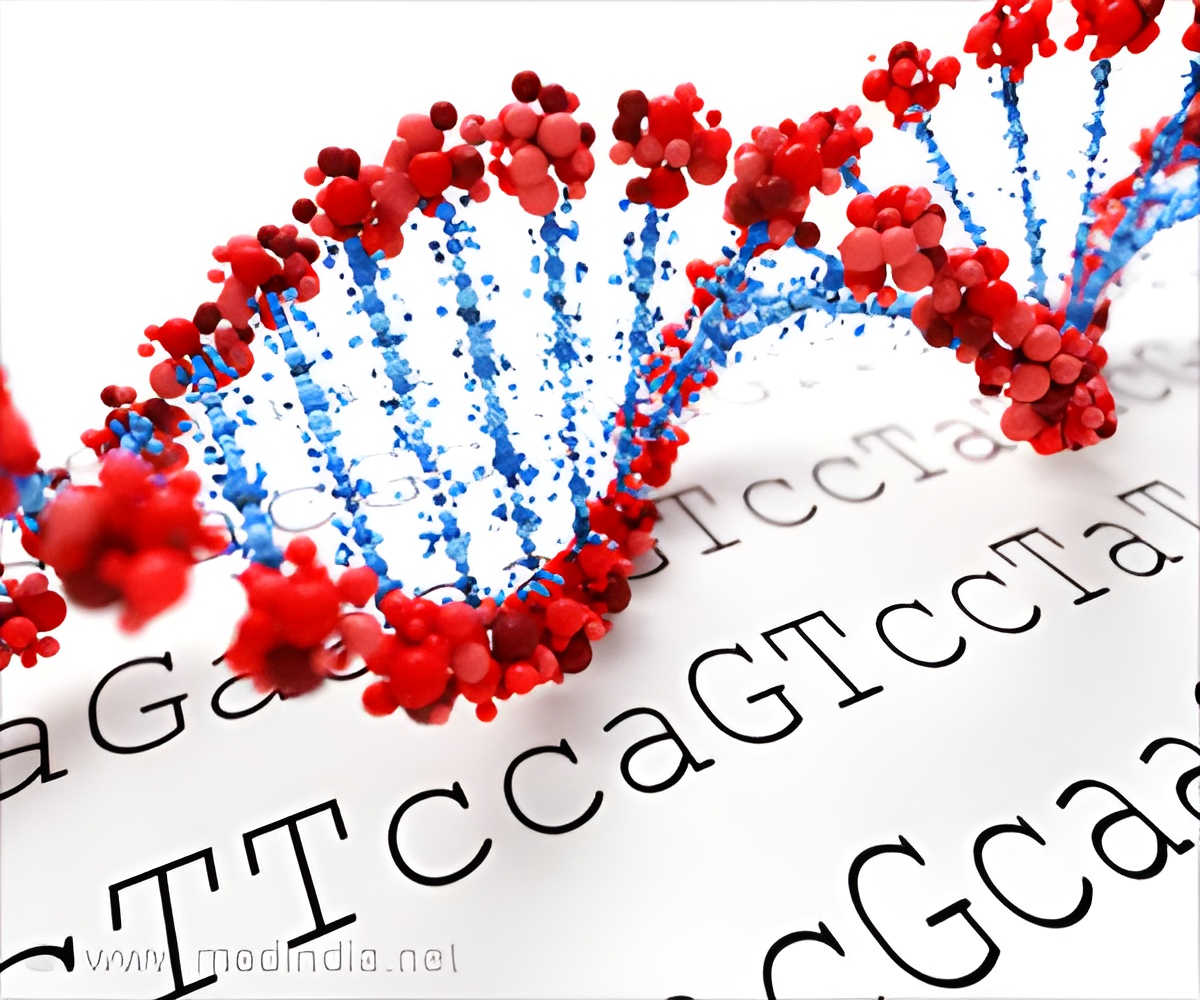Feline hypertrophic cardiomyopathy is a condition that thickens the heart muscles of cats, causing complications like hind limb paralysis in some cases. According to a study, the genetic makeup of cats determines how they could respond to the medications related to this disease.

‘Studies showed that 20% of cats with HCM have resistance to clopidogrel therapy. The reason behind this is the genetic makeup of cats which determines the way that they could respond to different treatments for blood clots due to heart disease.’





As cats under this medication were still forming blood clots, Ronald Li, an assistant professor of veterinary emergency and critical care, said, "Just as we can't expect every human to respond to medication in the same way, we can't expect all cats to respond the same way either." Studies showed that 20% of cats with HCM have resistance to clopidogrel therapy. Veterinarians at the University of California have performed a clinical trial on cats with HCM. They tested the blood clot forming capacity among these cats and then administered clopidogrel for two weeks. When the cats were subjected to genetic tests that detect mutations, the team found that the genetic makeup of cats alters how they respond to different therapies that prevent blood clots due to HCM.
This research has created a foundation for personalized therapies for pets that would allow veterinarians in earlier treatment decisions. "We are very excited to be approaching this era where personalized or precision medicine in animals can catch up to precision medicine in humans," added Ronald.
Source-Medindia














